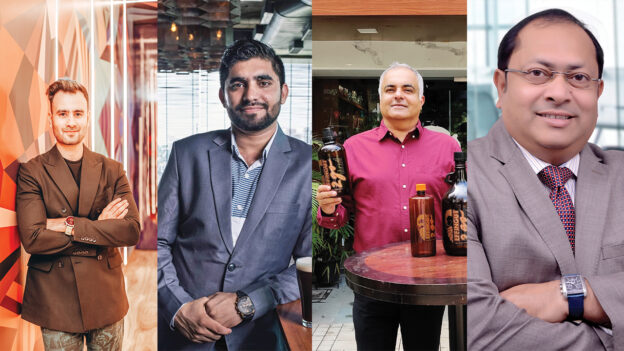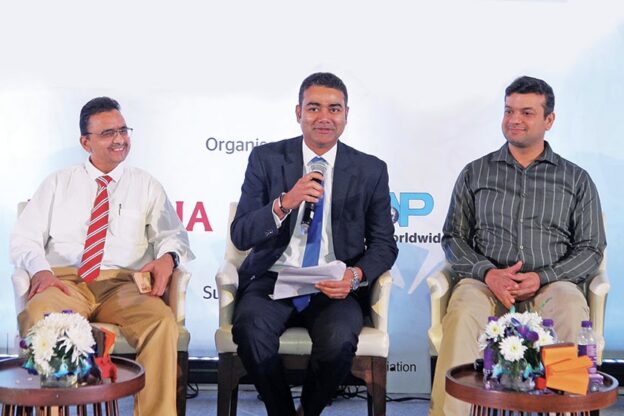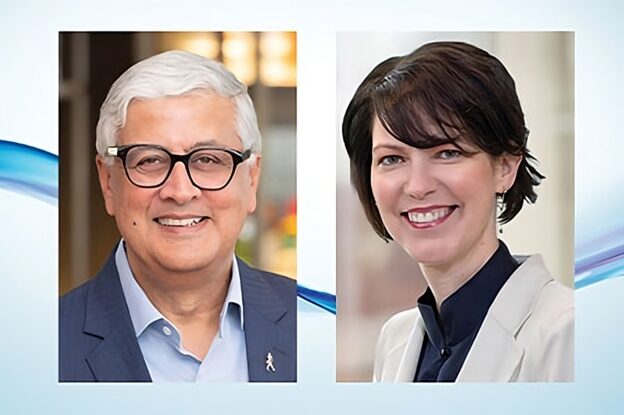The total sales of Indian-made foreign liquor (IMFL) products were 388 million cases in 2022, up from 305 million cases in the previous year with demand in all major segments like rum, gin, vodka, whisky and brandy rising. The rise has been the sharpest in premium products with their portfolio now accounting for a fifth of all the whisky sold in India and consequently demand for glass bottles and packaging material has shot up.
The bottling and packaging segment is a key component and along with ENA it accounts for over 65% of raw material costs for IMFL operators, who have been requesting price increases from the respective state governments, to offset high input costs.
While excise departments have their own yardsticks to concede price rise, the alcobev industry has to think of ways of bringing down raw material costs. One of the ways is to push their supply partners to go for innovations in glass bottling and packaging. Already, we are seeing a number of new packaging and bottling solutions such as bag-in-box, ceramic glass bottles, bag-intube, whiskey pouches and more. But the premium segment cannot do away with glass bottles as glass has its own charm. Design comes in play here.
All in all, the market of the glass bottle and packaging industry is expected to grow phenomenally, even as some companies are giving up mono-cartons. Extensive R&D to introduce biodegradable and sustainable packaging materials due to rising environmental concerns are fast gaining currency and companies are becoming increasingly environmentally sustainable entities.
Value creation without cutting corners
In view of its importance, Ambrosia at its 2023 Indspirit Conference in Delhi, organised a session on ‘Innovations in Packaging for value creation: cut cost without cutting corners’. The panellists included Srinivas Mantri, Sr Procurement Manager, Beam Suntory India; Vinod Sharma, Assistant Vice President (Commercial) Alcobrew. The session was moderated by Bhavya Desai, Group Head & CEO, SAP Media Worldwide Ltd. who set the tone by stating that in a competitive environment, the alcobev sector had to come up with bottling and packaging innovations for enhancing customer experience.
Abnormal increase in alcobev sales
Mr. Vinod Sharma said that in the last one and a half years, there has been an abnormal increase in alcohol sales and companies need to religiously work on cutting costs in a highly competitive world, without compromising on quality. The alcobev sector is banking on innovation of reducing weight of glass bottle while ensuring that it is not susceptible to breakages.
He mentioned that in the last two to three years there have been several innovations / techniques in bottling and packaging. One is the NNPB (Narrow neck press and blow) technique which can reduce weight of glass bottle up to 10 to 12%. However, over 90% of glass manufacturers in India have not adopted this technology due to initial investment costs. There is no substitute for glass bottle, particularly with premiumisation gaining currency, however glass manufacturers in India do not have adequate infrastructure to make bottles the way some foreign companies do.
Smart caps becoming smarter
The other areas the industry could look at includes smart caps with multiple options now with HDPE and metal combinations. “Smart cap is becoming smarter by the day.” Similarly, shipper cartons there are so many different varieties of material.
Sustainability should be key
Bhavya Desai nudged the panellists to talk about sustainability in packaging and Prof. K. Munshi, former IIT faculty, said while cost cutting is a factor by reducing bottle weight, making it compact etc., the sector should emphasise on value addition and how the consumer is benefitted. He gave a Japanese example where a manufacturer was dispensing Sake in small glasses which could be reused. “Sustainability also means next use of the product.” Most of the packaging is now thrown in to the garbage, he said and urged the industry to ‘put their minds together’ on sustainable packaging.
Innovation officers in companies
Prof. Munshi said presently the onus on cost reduction is on the bottle manufacturer which cannot happen due to reasons best known for the manufacturer. Hence, there is need for the alcobev sector to collaborate with the bottle supplier with regard to innovation. Companies should have innovation officer on board and whose full-time job has to be on innovation and value addition.
No alternative to glass bottles in premium segment
The professor underlined the importance of ‘thought process’ and research. “Whatever new technology comes in, one has to look at shapes, colours, aesthetics, the feel etc. how to get the maximum flavour, how to hold the bottle. These issues need to be looked into in a professional way. The user experience has to be factored in. You see many a time, empty bottles are kept as souvenirs. And as Indian companies we should think of what Indianness we can bring to the product through shapes, colours, culture etc. and how it complements with the bottle and the liquid within.” There is no alternative to glass bottles for premium category of alcobev as consumers do not prefer premium liquor in PET bottles.
Symbiotic relation between technology and design
While the big companies can bring in cost benefit partnering with the suppliers, the small players should leverage the flexibility they have by experimenting to the extent possible to offset costs. There is need for companies, irrespective of the size, to orient themselves to innovation and documenting it, even while adopting the best practices from around the world. Product development departments need boost. “Technology drives design. Development of technology takes a little longer, design is quicker but there is a symbiotic relationship between technology and design.”
Kaizen, continuous improvement to remove inefficiencies
Srinivas Mantri, Senior Manager, Beam Suntory India, talked about how the company came from a ‘Japanese thought process’ where continuous improvement or ‘Kaizen’ was in place. The idea is to keep removing the inefficiencies in the system. “Any innovation in our sector, it should factor in enhancement of customer experience and sustainability, giving back to the society, to nature.”
Beam Suntory is always working on these aspects, he said and mentioned that such processes had been implemented across different SKUs. “We have reduced the weight of the bottle, elevated the feel of the bottle, improved the label panels, reduced breakages.” Talking about glass bottles, he said, ‘see the liquid in the bottle, feel the bottle with hand and then taste the liquid… and also sound of the opening of closure…. consumer experience is involved and is demanding’. “The consumer wants something nice and something new.”
Bars display bottles, not mono cartons
He mentioned how in bars, one does not get to see mono cartons, but only bottles showing the liquid. Underlying the importance of thought process, Mantri said that from sourcing to the brand and to the consumer, there is an evolving journey, hence there is need to work with partners for continuous improvement. To engage the consumer, one needs to research who the consumer is and what we are giving to him or her, then comes tying up with internal and external partners. Importantly, consumer feedback has to be factored in and the entire process is on building the brand and consumer loyalty.
Anuj Bhargava, Managing Director, Kumar Labels, said there is a trend to remove mono cartons and when that happens, the focus is on the label on how it can be more attractive than the competition. Besides taste of the product, consumers pick the bottle for reasons such as the ‘look and feel’. Aesthetics is gaining considerable importance in this highly competitive market.









